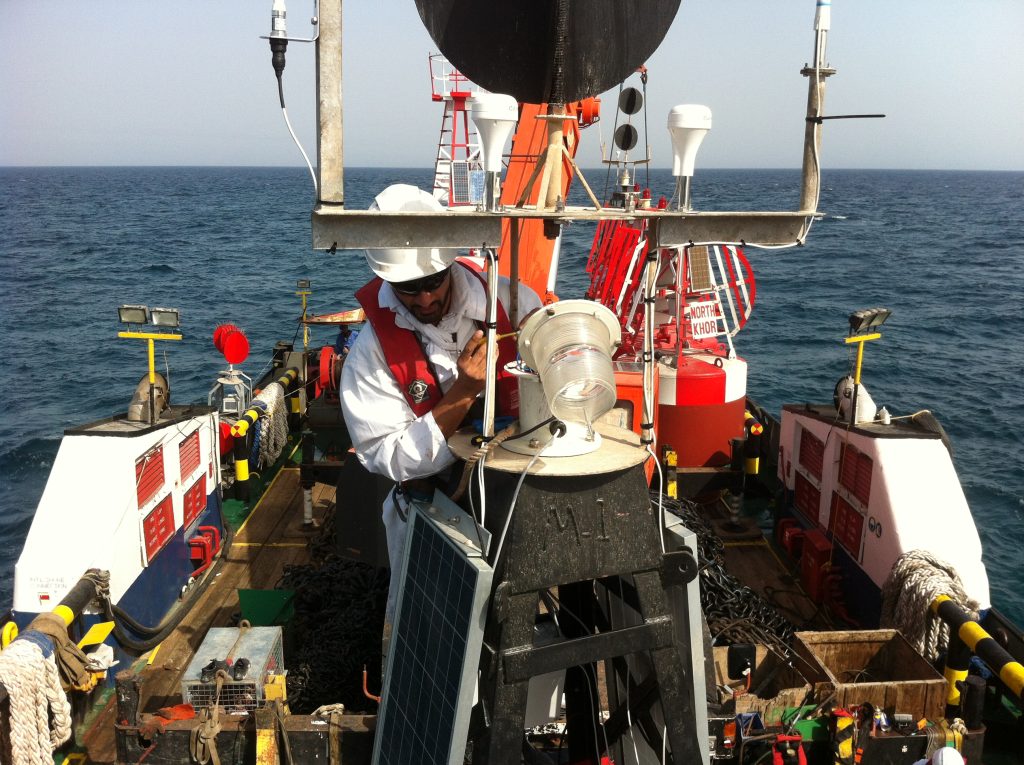In a collaborative effort to enhance ocean literacy, safety at sea and the protection of the marine environment, IFAN supports two prominent organisations — UNESCO Ocean and IALA — to provide training on ocean literacy for Aids to Navigation (AtoN) managers worldwide.
The initiative highlights the significance of a multidisciplinary approach in addressing the challenges set by the UN Ocean Decade, particularly Challenges 9 and 10: to provide skills, knowledge, and technology for all, and to change humanity’s relationship with the ocean.
By fostering dialogue among foundations, intergovernmental organisations and non-governmental organisations, this new initiative underlines the crucial role of cross-sector collaboration in addressing the complex challenges facing our ocean.
IFAN is a UK-based charity dedicated to promoting safety at sea and marine environmental protection, and the world’s only independent lighthouse authority. Its funding efforts and collaboration with UNESCO Ocean and IALA (International Association of Marine Aids to Navigation and Lighthouse Authorities) have enabled the development of comprehensive ocean literacy training modules tailored specifically for AtoN managers.
These training modules will be integrated into IALA’s courses for AtoN managers, exploring topics such as navigational risk management and marine conservation, as well as how ocean literacy can be incorporated into the everyday work of AtoN managers. By equipping AtoN managers with a deeper understanding of ocean science principles, and therefore a greater grasp of ocean literacy, the initiative aims to enhance their capacity to navigate the complexities of maritime safety and environmental stewardship.
This collaboration also provides a platform for knowledge-holders from diverse backgrounds to converge and exchange ideas. By bridging the gap between technical expertise and scientific knowledge, participants in the training program will explore innovative approaches to the interconnected challenges facing the ocean and all those whose lives and livelihoods depend on it.
Aids to Navigation (AtoN) encompass various maritime markers like lighthouses, buoys, and beacons, crucial for guiding vessels safely through waterways and alerting them to potential hazards. Beyond their navigational role, AtoN play a pivotal role in safeguarding the marine environment. However, traditional training in AtoN operations often focuses solely on technical aspects, overlooking the broader context of ocean science and environmental conservation.
The innovation of this project lies in bridging this gap between scientific knowledge and technical expertise. Integrating ocean literacy modules into the training programmes of IALA can enhance awareness of why protecting the marine environment and ensuring navigational safety go hand in hand.
Typically, discussions around navigational safety rarely touch upon ecological issues and conversely, environmental discourse rarely includes considerations of navigation safety. Our initiative seeks to change this narrative, fostering a deeper understanding of the interconnectedness between navigational safety and marine conservation among AtoN operators.
Opportunities and expected outcomes
- Generating Consensus: Through structured dialogue, this new collaboration will facilitate consensus-building around the priorities of the Ocean Decade. As mandated by the UN General Assembly, UNESCO Ocean plays a central role in coordinating the Ocean Decade’s preparatory process, and will align the initiative with the Decade’s overarching objectives.
- Increasing scientific knowledge about the ocean among AtoN managers: A higher general level of ocean literacy, and the incorporation of the principles of ocean literacy into established best practices among AtoN professionals.
- Networking Opportunities: Participants will have the chance to forge new partnerships and catalyze collective action in order to meet the challenges posed by the Ocean Decade.
- Promoting Diversity and Inclusivity: With a focus on equitable participation, the initiative will bring together organizations representing diverse perspectives, ensuring a fair and balanced approach to ocean protection efforts.
Francesca Santoro, Director of Ocean Literacy initiatives at UNESCO Ocean, believes that the collaboration with IFAN and IALA “should serve as a model for effective partnership in advancing Ocean literacy, maritime safety and the protection of the marine environment. By harnessing the collective expertise of the knowledge-holders in our wide networks, we can pave the way for a more sustainable and resilient Ocean ecosystem for the generations to come.”

